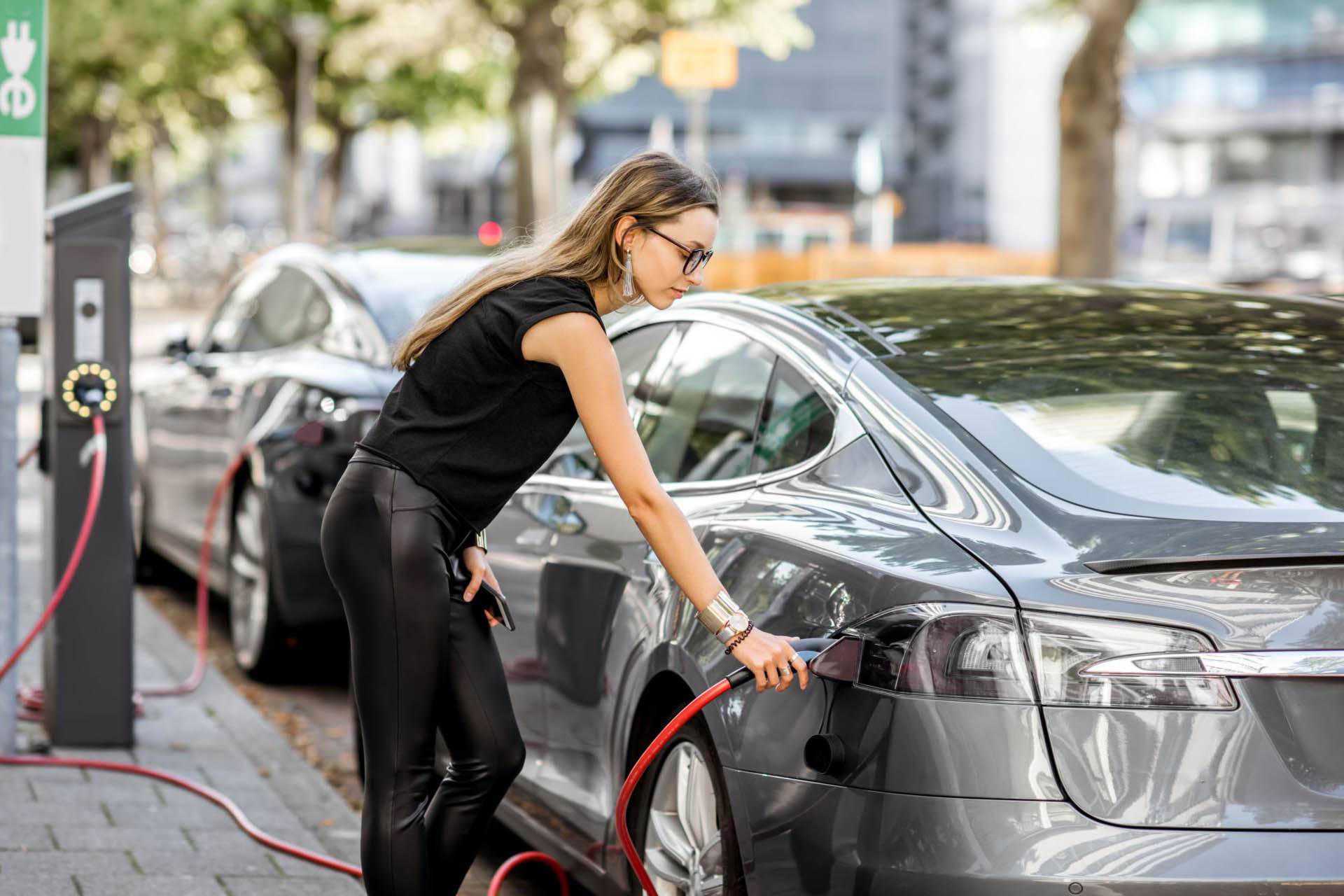As the world shifts towards a more sustainable future, the demand for electric vehicles (EVs) is steadily increasing. In Canada, EV sales have been on the rise, with a 68% increase in sales in 2021 compared to the previous year. However, the adoption of EVs is limited by the availability and accessibility of charging stations. To meet the growing demand for charging solutions, Canada is ramping up efforts to improve charging infrastructure across the country.
One of the main challenges facing EV owners is the limited range of their vehicles. To address this, Canada has set a goal of having 100% of new passenger cars and light-duty trucks sold in the country be zero-emission vehicles by 2035. To achieve this ambitious goal, the government has allocated $8 billion towards the development of EV charging infrastructure over the next 10 years.
One of the solutions being explored is the installation of high-speed charging stations along major highways and in urban areas. In 2021, the federal government announced the installation of 8,000 new EV charging stations across the country by 2025. The initiative is part of the government's $2.75-billion investment in zero-emission vehicle infrastructure, which also includes rebates for home charging stations.
In addition to government initiatives, private companies are also investing in charging solutions. Companies such as Tesla, ChargePoint, and Electrify Canada are building networks of charging stations across the country. Tesla has already installed over 1,600 Superchargers in Canada, while Electrify Canada plans to have 32 stations operational by the end of 2023.
Another solution being explored is the use of renewable energy to power EV charging stations. Solar-powered charging stations are becoming more common, with several installations already in operation in Canada. These stations not only reduce emissions, but they also offer a reliable and sustainable energy source for charging EVs.
Despite these efforts, there are still challenges to overcome in the adoption of EVs and charging infrastructure in Canada. One challenge is the lack of standardization in charging technology, with different types of charging connectors and power levels being used. This can create confusion and inconvenience for EV owners, who may need to carry multiple charging adapters or only have access to certain types of charging stations.
Another challenge is the cost of installing charging stations, particularly in remote or rural areas. The high cost of electricity in some areas can also make charging more expensive for EV owners. To address these challenges, governments and private companies are exploring innovative solutions, such as shared charging infrastructure and demand response programs.
Fore More Info:-
Residential Electric Vehicle Charging Station





Comments